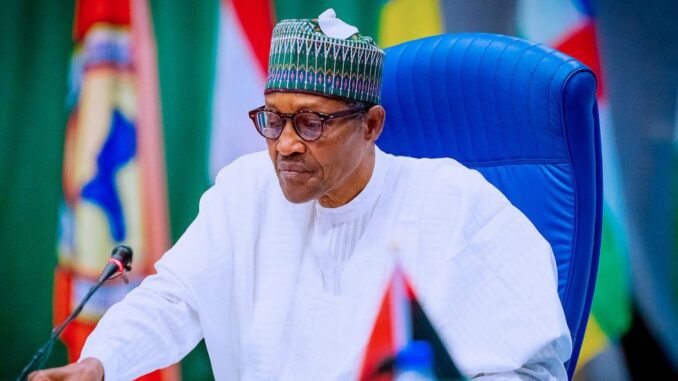
Not a few believe that Nigeria is being governed on the whims and caprices of state actors who have the least respect for the rule of law but in surplus of expression of ethnic bigotry and partisan disposition to running the affairs of the country. It is in this respect that happenings in South Africa have meaning for our call for restructuring of the country for equity and justice and for the general wellbeing of the commonwealth.
On June 29, the former South African President, Jacob Zuma, was jailed over contempt of South Africa’s Constitutional Court order to testify before a judicial panel probing corruption during his presidency in a separate process. This is besides subsisting charges of corruption over the 1999 weapons sale. His imprisonment over issues of constitutionalism sparked off deadly riots in a country where primordialism and poverty subsist alongside modernity. At the last count, thousands of businesses were ruined and over 200 lives were lost.
It is important to note that at independence, the South Africans chose liberal democracy and gave themselves a constitution that was engendered and seen as a beckon of hope for a continent, for the most part, badly governed. For South Africans, the jailing of the former president ought to have been seen as a practical demonstration of the supremacy of the rule of law and that no one is above the law, and that the rule of law must prevail over any individual in the society. The positive aspect of legal positivism was somewhat sullied by the violent protest underlined by looting and arson.
We believe that years after, South Africans if they learn to go off the beaten track of most African countries run by tin-pot dictators, nepotists, and kleptocrats, they will recall the day that former President Zuma was jailed for contempt of court, marked the consolidation of their liberal democratic process and the entrenchment of constitutionalism in the polity.
But the riots as informed observers have argued brought out all the limitations of a packed transition in which the Blacks hold the political power while the Whites maintain their stranglehold over the economic base of society, nurtured and consolidated by the historical exploitation of the Blacks since 1652. While Mandela’s leadership tried to address this historical impoverishment as well as enhance the unity of the country, subsequent leaderships have not fared well in navigating the strictures of neoliberalism that have deepened the misery of the population. This reality has found expression in the series of riots and xenophobic killings since 2008.
The ANC’s policies have yet to address the cruel economic structures of apartheid fuelling disillusionment in the liberal democratic process in South Africa. Beyond bemoaning the “deliberate, coordinated and well-planned attack on our democracy,” President Cyril Ramaphosa, who promised to address the historical inequality in his countries such as better service delivery and land reform, should do the needful and deliver the dividends of democracy to a distraught 30.4 million people on the margins of society. Above all, he should also fight corruption.
Obviously, South Africa’s predicament is a useful lesson for Nigeria in the context of the continuing call for restructuring in the midst of obstinate state elite inclined towards self-damnation. Basic principles of our grundnorm, the 1999 Constitution as amended with its entire shortcomings, are flagrantly violated. The executive sees itself as above the law destroying both the legal and moral foundations of society. Its treatment of those it sees as threats to constituted order is dictated by ethnic belonging and religious affiliation. The overall consequence implies that the centre cannot hold with profuse separatist impulse streaming across the country.
The first principle of the social contract over which the political community was set up is the protection of lives and property and the reclamation of the sovereignty that the people invest in the state when the latter fails to fulfill that historical role. The social contract is not tolerant of dictatorship but enamoured of democratic values.
However, the minders of the state in Nigeria have failed to live up to this expectation, hence the processes in motion including the call for restructuring, to reclaim the political sovereignty that belongs to the people and re-route the country on a democratic path with no citizens living on the margins of society but empowered for self-actualisation.
South Africa has a historical opportunity aforementioned to thread the path of constitutionalism, address inequality in its society and avoid the accentuation of primordialism and descent into anarchy, a fate that has currently befallen our country over which we seek restructuring as a rescue device.
As Samuel Huntington once noted, the truly helpless society is the one that is capable of change but that which is incapable. The Nigerian state minders must act to embrace our clamour for the restructuring of the country to move the country forward in a century that may be well underlined by social Darwinism, which implies that Nigerians want to thrive in a competitive environment where only the fittest persons or organisations prosper.
END

Be the first to comment